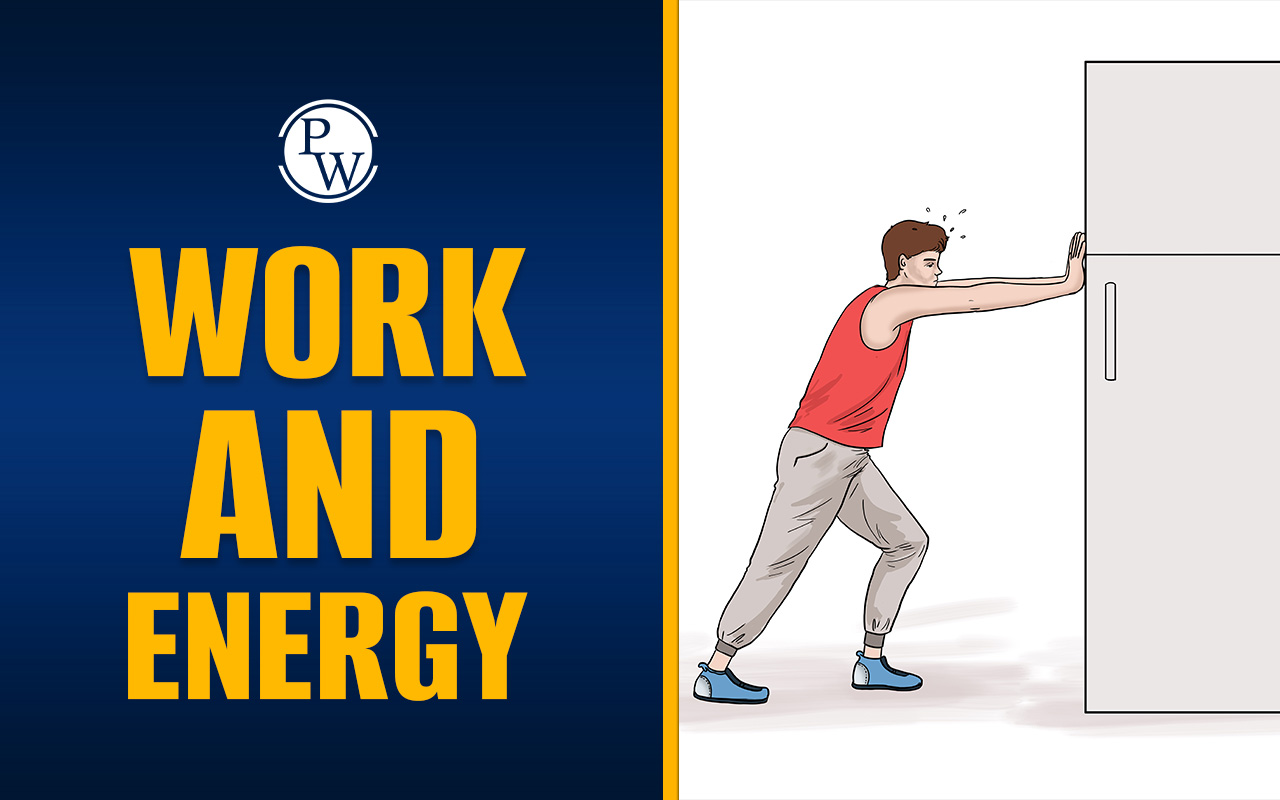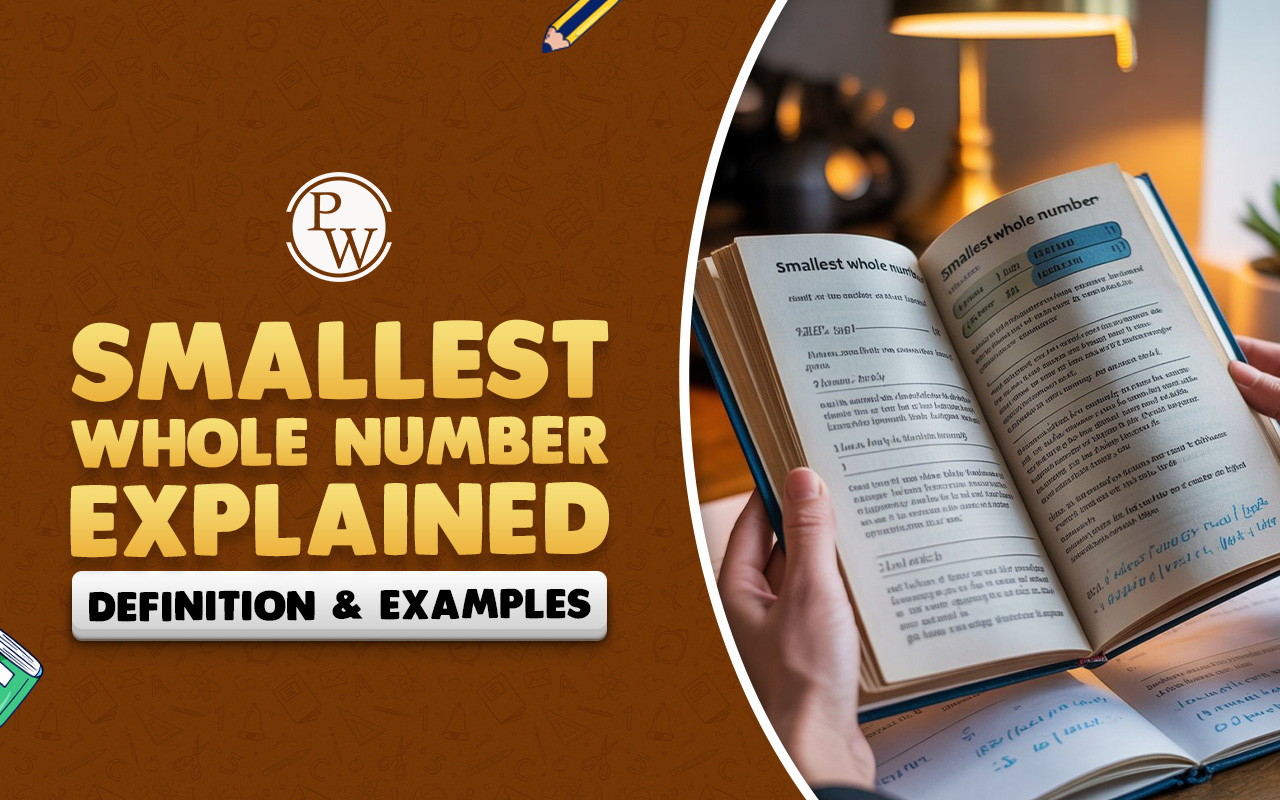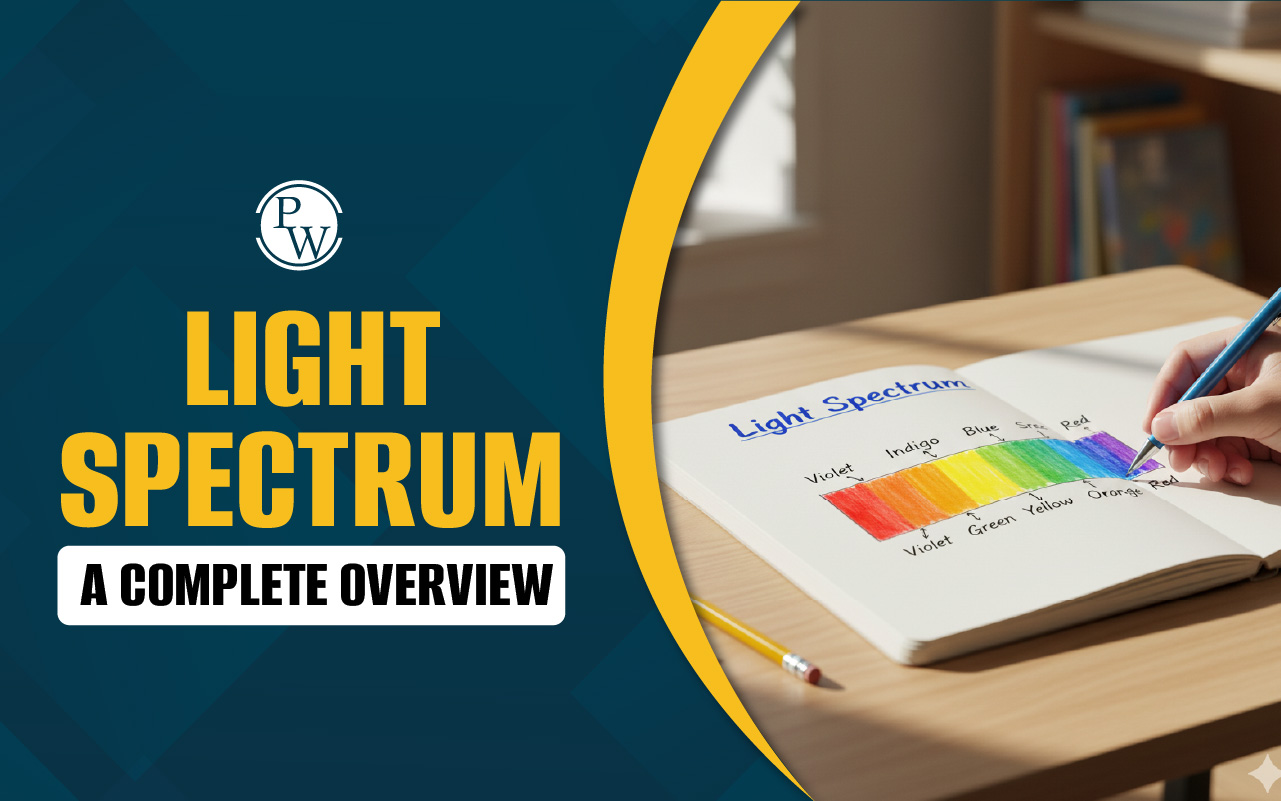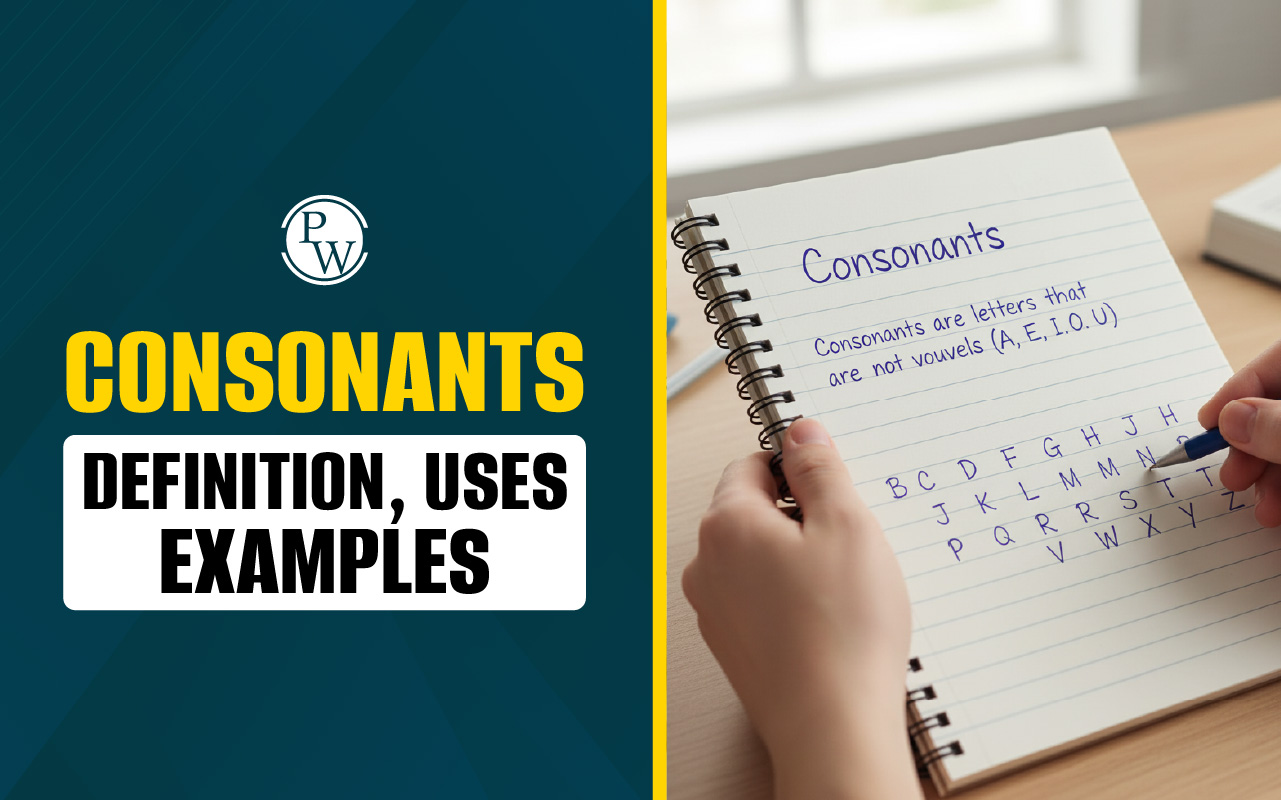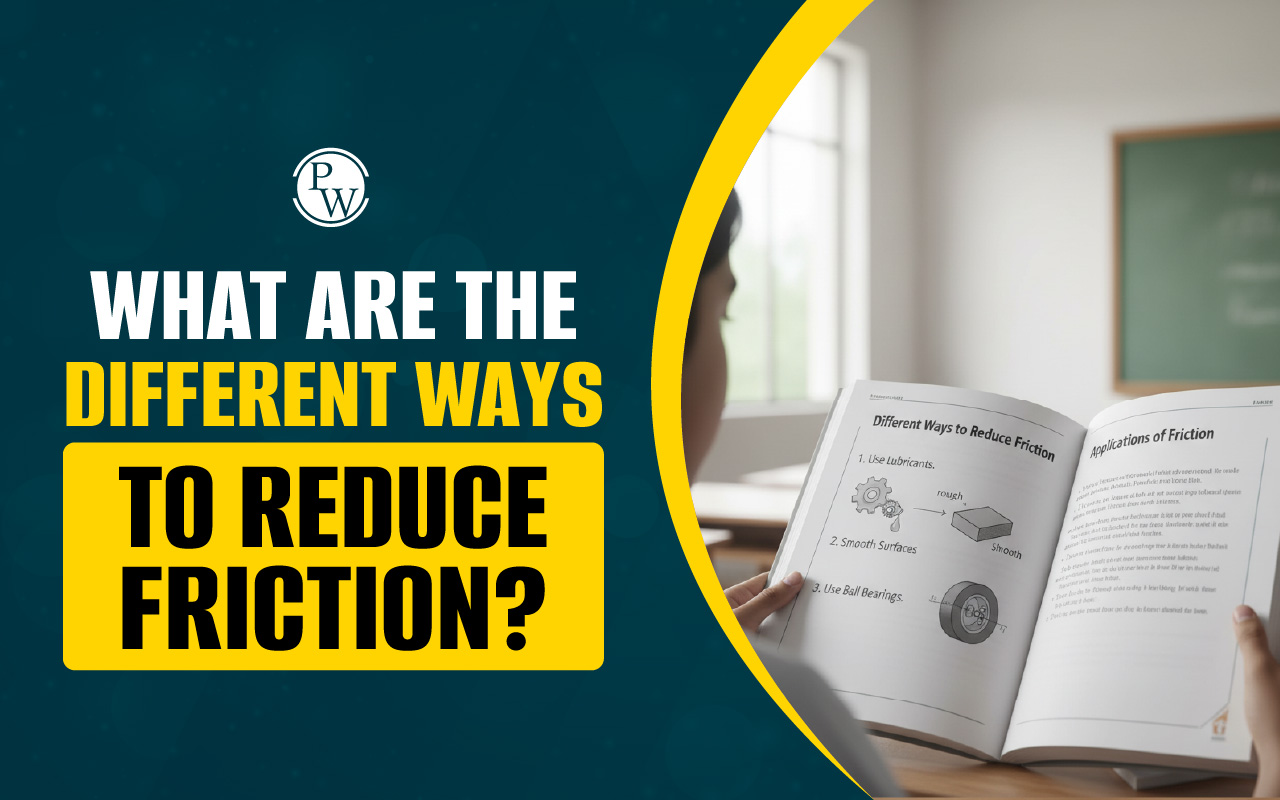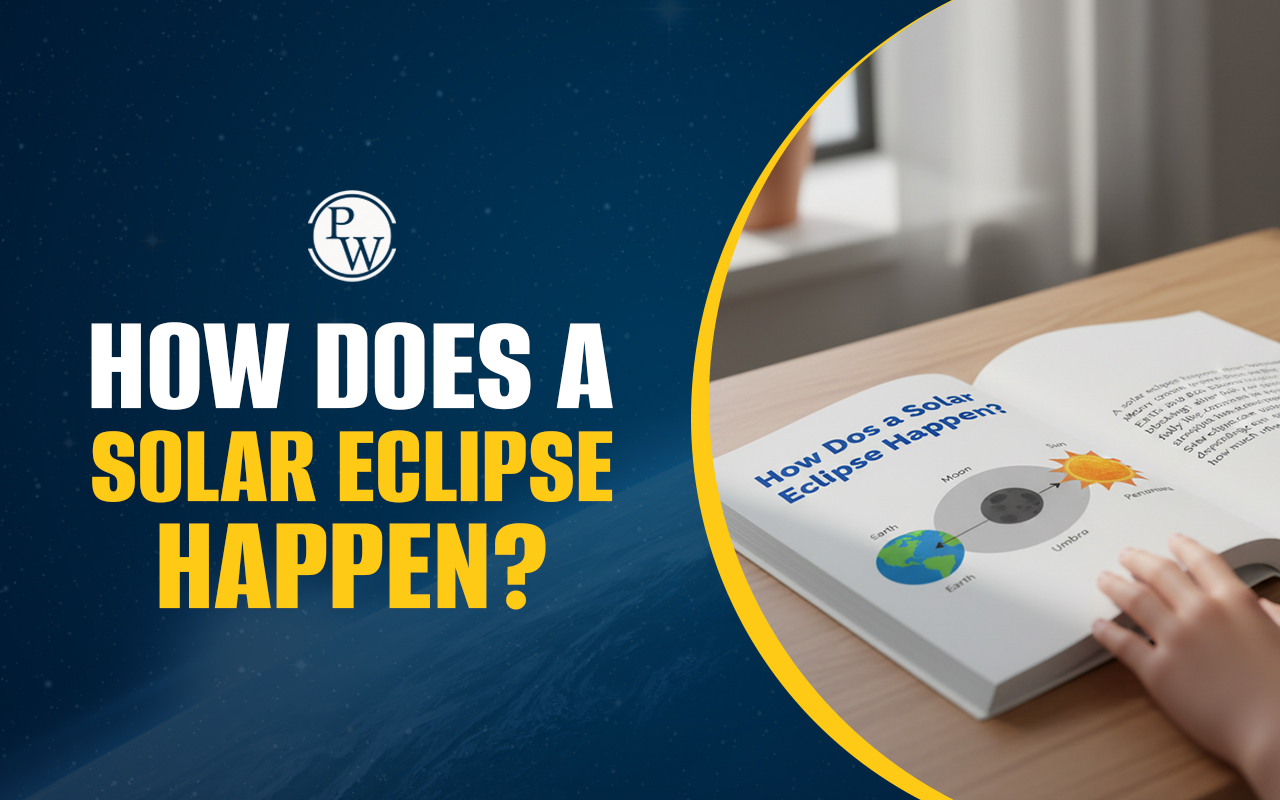
Pronouns : A pronoun is a word that takes the place of a noun to avoid repetition. Pronouns can represent people, things, places, or concepts. They function similarly to nouns in sentences but streamline communication by reducing redundancy.
Although "pronouns" often refers specifically to personal pronouns, other types of pronouns are essential in English grammar, such as demonstrative, relative, reflexive, and indefinite pronouns. [video width="1920" height="1080" mp4="https://www.pw.live/exams/wp-content/uploads/2024/12/Curious-Jr-Ad-3-1-1.mp4"][/video]A pronoun takes the place of a noun. It replaces the noun in a paragraph or body of writing to eliminate repetition of the noun. Pronouns can be used singularly or plurally. The verb used in the phrase must match the specific form of the pronoun used.
Pronouns Definition
The Cambridge Dictionary defines a pronoun as a term used instead of a noun or a noun phrase. The Merriam-Webster Dictionary describes pronouns as 'any of a small set of words (such as I, she, he, you, it, us, or they) in a language that are used as replacements for nouns or noun phrases and whose meanings are specified or understood in the context'. According to the Collins Dictionary, a pronoun describes someone or something when a noun is not required, generally because the person or object has already been mentioned. Examples are 'it',' she',' something', and 'myself'. [video width="1920" height="1080" mp4="https://www.pw.live/exams/wp-content/uploads/2024/10/Courios-jr-Reel-4_Landscape_India-1.mp4"][/video]How Are Pronouns Used in Sentences?
The primary function of a pronoun is to replace a noun. Pronouns are used in a manner similar to nouns in sentences, and they can act as subjects, objects, or possessive forms. Let's explore these roles in detail:Pronouns as Subjects : Pronouns often take the place of the subject of the sentence (the person or thing performing the action).
Examples :
- I like to play chess.
- We have never been to Germany before.
- It is difficult to stay calm in stressful situations.
Pronouns as Objects : Pronouns can also act as objects in sentences, either as direct or indirect objects.
Direct object : A direct object is the person or thing directly acted upon by the verb.
Indirect object : An indirect object receives the direct object.
Examples :
- Give me that!
- Can you promise her this?
Pronouns in Noun Phrases : A noun phrase may consist of a noun or pronoun along with determiners. For example, “You and I saw someone else” contains two noun phrases—“you and I” and “someone else.”
Types of Pronouns
Pronouns are divided into many types based on their use. People commonly use "pronouns" as personal pronouns, however, there are many other types of pronouns that are equally important in English grammar. Read the examples carefully to have complete information on each type of pronoun and its function.Relative Pronouns
Relative Pronouns are pronouns that connect a part of a sentence to another. Examples of relative pronouns are that, which, where, when, why, what, whom, and whose. Some examples- I need to find a lady who can read French.
- He doesn’t want to eat food that is too salty.
Possessive Pronouns
Possessive pronouns are those that are used to express possession. Possessive pronouns include yours, his, hers, mine, theirs, and its. Some examples- That book on the table is mine.
- This car is yours, where is mine?
Reflexive Pronouns
Reflexive pronouns are those that refer back to the subject of the sentence. Reflexive pronouns include yourself, her, him, oneself, myself, itself, themselves, ourselves, and yourselves. Some examples- Shikha looked at herself in the mirror.
- I like to cheer myself up with chocolates.
Demonstrative Pronouns
Demonstrative pronouns are used to indicate certain objects. This, that, these, and those are all demonstrative pronouns. Some examples- This is my favorite shirt.
- I need Rohan to fix these.
Interrogative Pronouns
Interrogative pronouns are those that are used for asking questions. Interrogative pronouns include what, when, why, who, and where. Some examples- Who wrote this letter?
- What is an amphibian?
Indefinite Pronouns
Indefinite pronouns are those that do not refer to a specific person, location, or object. Indefinite pronouns include somewhere, something, someone, somebody, everywhere, everything, anywhere, anything, anyone, anybody, no one, nobody, nowhere, everyone, each, none, few, and many. Some examples- This Famous book could have been written by anybody.
- Someone ate my lunch.
Personal Pronouns
Pronouns that are used to replace proper names in everyday speech are called personal pronouns. Personal pronouns include I, you, he, they, him, her, she, we, us, and them. Some examples- I am afraid of lizard.
- My dogs are friendly, so you can safely pet them.
Reciprocal Pronouns
Reciprocal pronouns are used to indicate a mutual relationship. Reciprocal pronouns include each other and one another. Some examples- My brother and I like each other.
- The members of the company support one another.
Intensive Pronouns
Intensive pronouns are similar to reflexive pronouns, with the only difference being that the intensive pronoun can be removed from the phrase and the sentence will still make sense. Some examples- I built my house myself.
- The Mom made the dishes themselves.
Pronoun Rules
There are some important rules for using pronouns. Pronouns are simple to use, as you'll quickly learn. As you go through pronoun rules and the examples in the next part, take note of how the pronoun rules are applied.- Subject pronouns can be used to start sentences.
- Subject pronouns can also be used to rename a subject.
- Indefinite pronouns do not have antecedents. They can stand on their own.
- Object pronouns can be used to refer to direct, indirect, or prepositional objects. These are her, me, him, you, us, them, and it. For example: Henry talked to her about the mistake.
- Possessive pronouns indicate ownership. They don't need acronyms.
Pronouns vs. Nouns
While both pronouns and nouns refer to people, places, things, or ideas, they serve slightly different functions in language. Nouns are more specific and refer to particular entities, while pronouns are used to avoid repetition.-
Example
:
- Noun: The dog ran across the street.
- Pronoun: It ran across the street.
Pronouns vs. Determiners
Many pronouns are similar to determiners, such as possessive pronouns ("yours") and possessive determiners ("your"), as well as demonstrative pronouns ("that") and demonstrative determiners ("that"). The main difference is that pronouns stand alone as subjects or objects, whereas determiners modify nouns.Examples :
- Pronoun : That is a difficult question.
- Determiner : That woman knows the answer.
| Preposition | Tense Chart |
| Alphabet | Adjectives |
Pronoun FAQs
Q1 - Give some examples of pronouns.
Q2 - What is a pronoun?
Q3 - What is the definition of a pronoun?
Q4 - What are preferred pronouns?
Q5 - What’s the difference between a noun and a pronoun?


